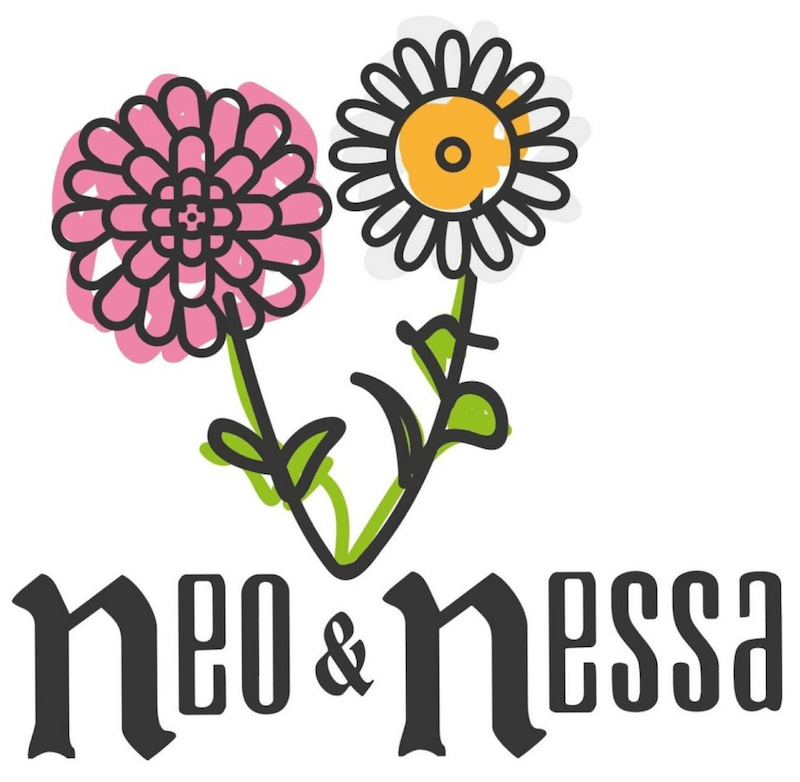How Children Make Friends
Heather Birt from Baby College (Mid-Herts) explains…
Learning social skills will be one of your baby’s most important developmental processes; hugely important in family life, at school and, eventually, at work and throughout adult life.
Babies are pre-programmed to make social connections as this will ensure that they are cared for and, therefore, ultimately that they survive and thrive. They engage us with their eyes, their cries and then their smiles, giggles and coos.
The first friends your baby will make are you and any immediate family members. In their first few months, babies will show preferences for people based on how they feel when they are with them. This will often depend on how they are held and soothed by that person. Lots of cuddles, smiles and eye contact can help build trust and attachment, along with the introduction of a few gentle fun games. Once babies learn to sit up and reach out for new and interesting objects and people, they will become much more engaged and active in their little world.
Your baby will be most interested in others of a similar size to them; in fact, they will be fascinated and transfixed by what other children do. As babies start to move around (towards the end of their first year), they will naturally move towards people and things that interest them. This curiosity and enthusiasm will help them to build new relationships, and sow the seeds of friendship.
Until they reach their third year, your little one will most likely play alongside other infants rather than with them, and this stage is vital to help them build up their imagination and social skills.
However, new research carried out by scientists from Charles Sturt University in Australia, shows that babies who are too young to talk can still communicate with other babies, form friendships and even crack jokes with each other. They discovered that babies aged six to eighteen months were able to ‘talk’ to each other through gestures and like noises, humour, and shared play during a series of tests. Anyone who has watched the following remarkable video of the twins communicating through noise and gestures can recognise this.
https://www.youtube.com/watch?v=_JmA2ClUvUY
As your baby grows into a toddler you will notice that they like to imitate both you and their friends and spend lots of time watching what you and they do. They will also want to assert their independence, and may start to refuse to hold your hand when you walk down a street, or throw a tantrum when you say no to something they want to do.
Although your toddler is interested in the world around them, they are mainly interested in how everything in it relates to them. As your child learns to talk and communicate with others, they will learn to make friends and will start to enjoy the company of other children, both those of the same age and older.
Between the ages of two and three years old, your toddler will start to understand love and trust and will be able to show affection. However, they aren’t yet able to put themselves in other people’s shoes or understand that other people have feelings too, so empathy is still developing.
Your toddler is becoming better at sharing their toys and taking turns. It’s a good idea to play lots of games with your baby that encourages this behaviour and to explain to them how it makes the other children feel when they are being kind and sharing. In our Baby College Junior classes (18 months to 3 years), we encourage lots of socialising between the children and they really look forward to seeing each other in class and get very excited when their friends arrive. It is wonderful to watch these first steps of their developing friendships.
Baby College classes are designed for parents / caregivers and children for birth to four, in separate age categories. All classes follow our award-winning Baby College® parent and child programme which has been designed and developed by child development experts, parents and teachers, and has been running since 2000. Developed in the UK and aligned with EYFS, classes help develop:
✓attention and learning
✓language acquisition
✓cognition
✓multi-sensory integration
✓body awareness and concepts of self
✓motor skills
✓secure attachments
✓emotional understanding
✓social skills
✓independence
Parents / caregivers learn about different areas of development as they enjoy language play, music, movement and other activities with their child.
The programme is crafted to grow with your baby. Through the three different age groups the pace builds, and the activities accompany your little one’s expanding experience of the world.
We run weekly classes in Harpenden, St Albans and Welwyn Garden City. Baby College continued throughout the pandemic, with an exceptional ‘unlimited’ online offering, ranking among the top baby class choices according to the Independent (https://www.independent.co.uk/extras/indybest/kids/toys-activities/best-baby-toddler-online-classes-infant-play-activities-group-mother-a9511756.html). We were thrilled to return to in-person sessions in September, and have had lots of fun learning and playing together, in our carefully adapted, Covid-secure Baby College UNLOCKED classes.
We are taking bookings for a special extra one-off class full of festive cheer in mid-December, and will shortly be opening up booking for the Spring term. If the class you want is full, please join the waiting list so we can see where we need to expand. If you hurry you might even grab a space in class before they get booked up!
www.babycollege.co.uk/mid-herts
Heather Birt
Baby College Mid-Herts
Copyright Baby College®, 2020

